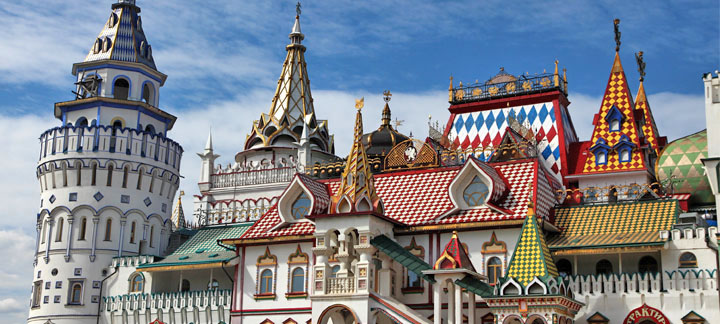Russia’s ban on food imports (which might end next year according to some officials) has completely remodelled the country’s food ecosystem, causing massive losses to some European exporters, while creating once in a lifetime opportunities for producers from regions not affected by the ban.
The fruit and vegetables industry was one of the most affected ones, which also meant that the most dynamic changes took place in this sector.
Nuts and dried fruit
Because of the shortages in the supply of certain fresh fruit, many Russian food importers and retailers have opted to add dried fruit and nuts to their portfolios. This has opened new business opportunities for some producers from areas that before the ban had relatively small market shares.
In the first 6 months of the last year for example, Russia imported more than 10.5 million USD worth of dates. The main suppliers were companies from Iran, Algeria and Tunisia. Iran was also the main exporter of raisins. Exports from Turkey, on the other hand, dominated the figs and dried apricots sectors.
In the nuts category, hazelnuts imports amounted for close to 20 million USD. The Russian importers opted to work with producers from Azerbaijan, Georgia and Turkey. Pistachios were also a high value import in this category, totalling more than 12.6 million USD in H1 2016. Iran dominated the market, with more than 99% of the supplied products. Other types of nuts imported were cashews (majority of imports from Vietnam), almonds, where imports came from China and Chile and walnuts, produced also in Chile or in China.
Some of the top Russian importers of nuts and dried fruit in 2016 were: Agroimpex, Good-Food, Orekhprom JSC or Natimport LLC.
More food importers and distributors from Russia can be found in our daily updated databases.
